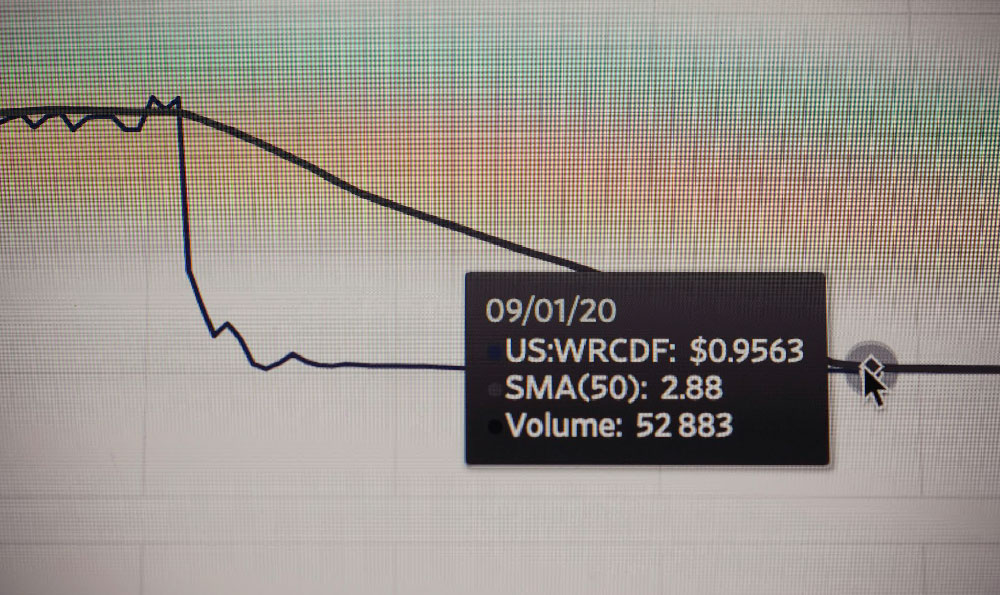Building a website is no longer a luxury reserved for large corporations; it’s a necessity for businesses of all sizes, entrepreneurs, and even individuals seeking to establish an online presence. However, a common question arises: does building a website cost money, and if so, what's the price? The simple answer is yes, building a website typically involves some costs, but the exact amount can vary dramatically depending on several factors. Understanding these factors will help you budget effectively and make informed decisions.
At the very core, the costs associated with building a website can be broken down into several key components: domain registration, web hosting, website design/development, content creation, and ongoing maintenance. Each of these elements contributes to the overall price tag, and the choices you make within each area will significantly impact your expenditure.
Let's start with domain registration. A domain name is your website's address on the internet (e.g., example.com). Registering a domain name involves securing the rights to use that specific address for a specific period, usually a year or more. The cost of domain registration can range from a few dollars to several hundred dollars per year, depending on the domain extension (.com, .net, .org, etc.), the registrar you choose, and whether the domain name is considered a premium domain (a particularly desirable or short domain name). For example, a common .com domain might cost around $10-$15 per year, while a premium domain could command thousands of dollars. Domain privacy protection, which hides your personal information from the public WHOIS database, is often offered as an add-on service and adds a small extra cost.

Next, web hosting is essential. Web hosting provides the server space and infrastructure necessary to store your website's files and make them accessible to visitors online. Think of it as renting space on a computer that's always connected to the internet. Web hosting costs vary significantly based on the type of hosting you choose and the resources you require. Shared hosting, where your website shares server resources with other websites, is the most affordable option, typically ranging from $5 to $20 per month. However, shared hosting can be less reliable and slower during peak traffic times. VPS (Virtual Private Server) hosting offers more dedicated resources and control, costing between $20 and $100 per month. Dedicated hosting, where you have an entire server to yourself, provides the highest level of performance and security but is also the most expensive, typically ranging from $100 to several hundred dollars per month. Cloud hosting, a scalable option that distributes your website across multiple servers, is gaining popularity and can be cost-effective depending on your usage. The right hosting solution depends on the size and anticipated traffic of your website.
Website design and development represent a substantial portion of the overall cost. Here, you have several options, each with its own price point. Using a website builder like Wix, Squarespace, or Weebly is the most affordable approach, with plans starting from a few dollars to around $50 per month. These platforms provide drag-and-drop interfaces and pre-designed templates, making it easy for beginners to create a basic website. However, customization options may be limited. Utilizing a Content Management System (CMS) like WordPress, Joomla, or Drupal offers greater flexibility and control. While the CMS software itself is often free, you'll likely need to purchase a premium theme (ranging from $30 to $200) and potentially hire a developer to customize it to your specific needs. Hiring a professional web designer or agency is the most expensive option, but it also offers the highest level of customization and expertise. The cost of hiring a professional can range from a few hundred dollars for a simple website to tens of thousands of dollars for a complex, custom-designed website. The complexity of the design, the number of pages, and the inclusion of features like e-commerce functionality will all influence the price.
Content is king, and creating high-quality, engaging content is crucial for attracting visitors and achieving your website's goals. While you can create the content yourself, it can be time-consuming. Alternatively, you can hire a freelance writer or content marketing agency to create blog posts, website copy, product descriptions, and other types of content. The cost of content creation varies widely depending on the length, quality, and topic of the content. Expect to pay anywhere from a few cents per word to several dollars per word for professionally written content. Visual content, such as images and videos, also incurs costs, whether you purchase stock photos or hire a photographer/videographer.
Finally, ongoing website maintenance is often overlooked but is essential for keeping your website secure, functional, and up-to-date. This includes tasks like updating software and plugins, backing up your website, monitoring security threats, and optimizing performance. You can handle maintenance yourself, but it requires technical skills and time. Alternatively, you can hire a website maintenance service, which can cost anywhere from $50 to several hundred dollars per month, depending on the level of service.
In conclusion, while building a website inevitably involves some costs, the exact price is highly variable. A simple website built using a website builder and basic content can cost as little as a few dollars per month. On the other hand, a complex, custom-designed website with extensive content and ongoing maintenance can cost thousands of dollars per year. By carefully considering your needs, budget, and technical skills, you can make informed decisions about each aspect of website creation and find a solution that meets your requirements without breaking the bank. Remember to factor in both the initial investment and the ongoing costs to ensure the long-term success of your online presence. Furthermore, regularly reviewing your website’s performance and adapting your strategy can help you optimize your spending and maximize your return on investment.












